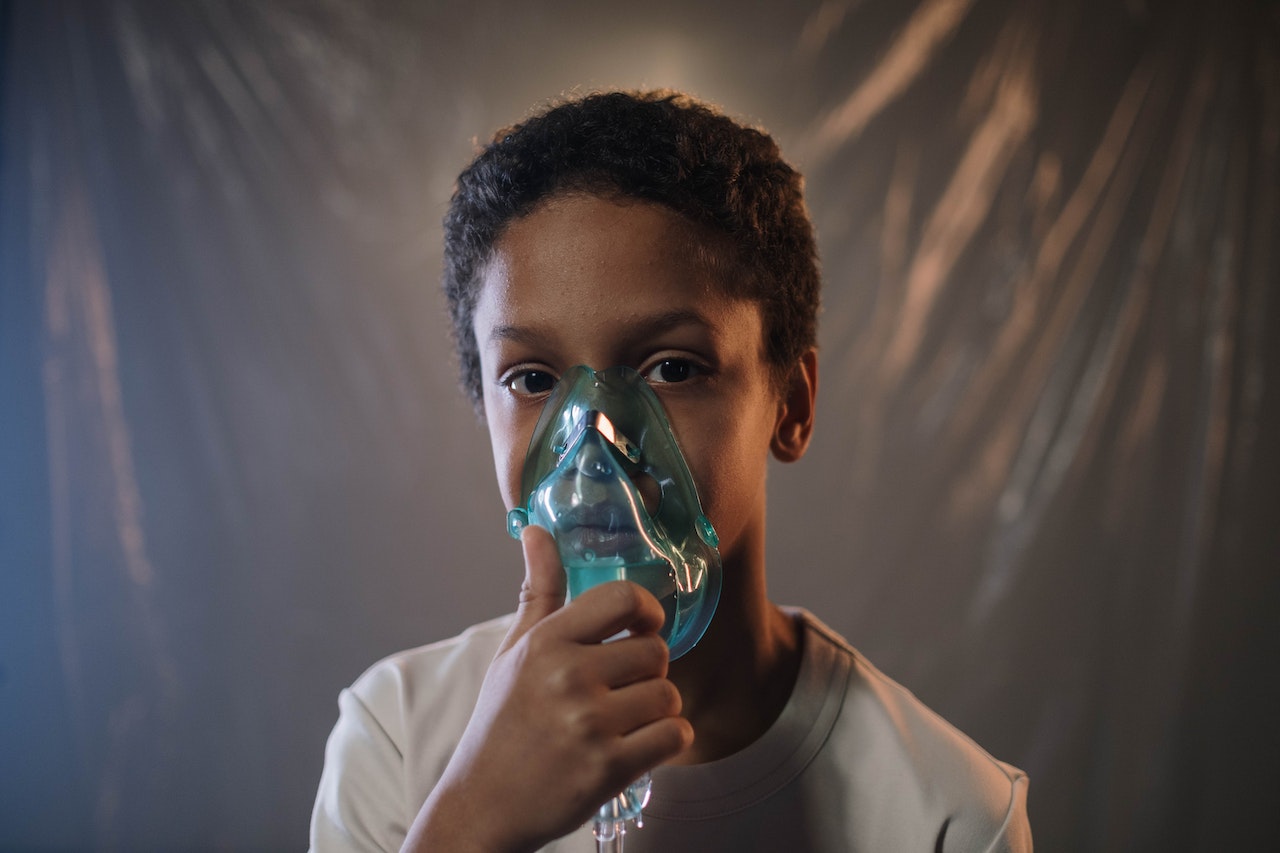What Your Child Should Expect While in the Pediatric Intensive Care Unit
What Your Child Should Expect While In the Pediatric Intensive Care Unit
It can be frightening for parents to have their kids admitted to the hospital, especially when we’re talking about the pediatric intensive care unit or the PICU. Almost everyone knows that patients under intensive care face major health risks. They need exhaustive treatment to survive.
No parent wants to see their little one go through a tough medical ordeal. The sight of their child sedated while lying helplessly on the bed can bring nothing but complete despair.
However, the pediatric intensive care unit doesn’t always have to mean bad news. By getting yourself familiar with its basics, you’ll feel a bit more comfortable knowing that your child will be properly treated by medical specialists.
Who Usually Gets Admitted to the PICU?
If your child is extremely ill and ordinary medications won’t suffice anymore, they may likely be moved to the PICU. Kids admitted to the hospital’s PICU section include those who have:
- Certain heart conditions
- Severe breathing problems from asthma
- Complications from diabetes
- Major infections
Also, children involved in serious vehicular accidents or those who nearly drowned are admitted to the PICU. Most post-op pediatric patients also end up in the PICU for several days for further monitoring.
What Your Child Should Expect While in the PICU
Since there will be lots of medical equipment in the room, staying in the PICU can be quite daunting for both you and your child. You may want to acquaint yourself with each of those machines.
Once you know what it’s like to be confined in the pediatric intensive care unit, orient your child and give them a heads up of what’s to come. With that said, here is what your child should expect while in the pediatric care unit:
- Medications
Although it’s a common fact that medicines can be administered to patients in just about anywhere in the hospital, there are particular drugs that are only exclusive for PICU patients. These are medications with dangerous side effects. That’s why patients who take them need to be closely monitored in the PICU. Rather than giving them the drugs every few hours, doctors or nurses would administer the drugs continuously, with several IV drops at a time.
- Tests
PICU patients are expected to undergo a series of tests like urine tests, blood tests and, in some cases, cerebrospinal fluid (CSF) tests. Such tests allow doctors to obtain more information about the patient’s condition and determine any progress made. Other forms of examinations commonly performed on young patients include ultrasound, CAT scan, MRI, and X-ray.
- IVs
Children admitted to the PICU will often have an intravenous catheter or an IV inserted in their arms or hands. These IVs are used to transfer medicines and fluids into their bodies. However, there are also IVs that are only used to monitor blood pressure and oxygen levels in the blood.
- Ventilators
It’s not uncommon for PICU patients to experience shortness of breath. If that happens, a face mask or tubing is placed on their noses so they can breathe more easily. However, if that’s not enough, they will be connected to the ventilator to facilitate their breathing.
- Monitors
Your child, like other PICU patients, will be attached to monitors with the use of chest leads. These leads are little stickers that are attached to wires. They are used to count a child’s breathing rate and heart rate. Don’t worry—they’re totally painless.
Additionally, a pulse oximetry machine may be attached to your child for the monitoring of their blood oxygen levels. The machine will be connected to your child’s toes or fingers. It will emit a soft red light. Like the monitors, the pulse-ox machine is also painless.
‘Who Will Take Care of My Child in the PICU?’
While you may be given the assurance that your child will be in the good hands of highly trained medical professionals in the PICU, it’s still critical for you to know each of their individual roles. Don’t hesitate to ask the doctors, nurses, and the rest of the PICU team on how they will care for your child. That way, you can assure yourself that your child will receive optimal care from medical experts.
PICU nurses are the ones who normally keep an eye on patients, making sure that they receive adequate care every now and then. Although several physicians may tend to your child, you’ll need to rely on the attending physicians since they’re basically in charge of everything.
In some instances, there are PICU teams of childcare specialists who are trained in counseling, education, psychology, and child development. These medical professionals help pediatric patients understand the dynamics of being in the hospital and how they can cope with the situation they’re in. They’re basically responsible for tending to the patients’ emotional needs.
Get Involved in Our Cause Today

Do you have an old beater that you no longer want in your home? Get rid of it at no cost to you by handing it over to Kids Car Donations! When you do so, you’ll bring huge smiles on the faces of ailing boys and girls confined in hospitals in your area!
Besides the fact that you’ll be making a huge difference in the lives of these kids, your charitable contribution will also enable you to enjoy a number of perks. For one thing, you no longer have to deal with the hassles and the cost of trying to resell your vehicle yourself. Also, you need not pay for the towing of your vehicle since we’ll do that for you for free. Furthermore, your charitable contribution is tax-deductible. As such, expect to receive by mail your sales receipt following the auction sale of your vehicle. This receipt serves as your ticket for claiming your tax deduction in the next tax season.
You can make your vehicle donation right now by calling us at 866-634-8395 or by filling out our online donation form. We accept almost all types of vehicles regardless of their age, mileage, or condition. You can donate wherever you are in the United States since we have vehicle donation programs in all 50 states.
For more information, check out our FAQs page. If you have questions, you may call us anytime at our toll-free hotline or send us a message online.
Impact Lives of Young Patients with Your Car Donation Now!
Make a lasting impact on the lives of children living in your community who are down with serious illnesses. Call us at 866-634-8395 now and help save their lives with your car donation!


